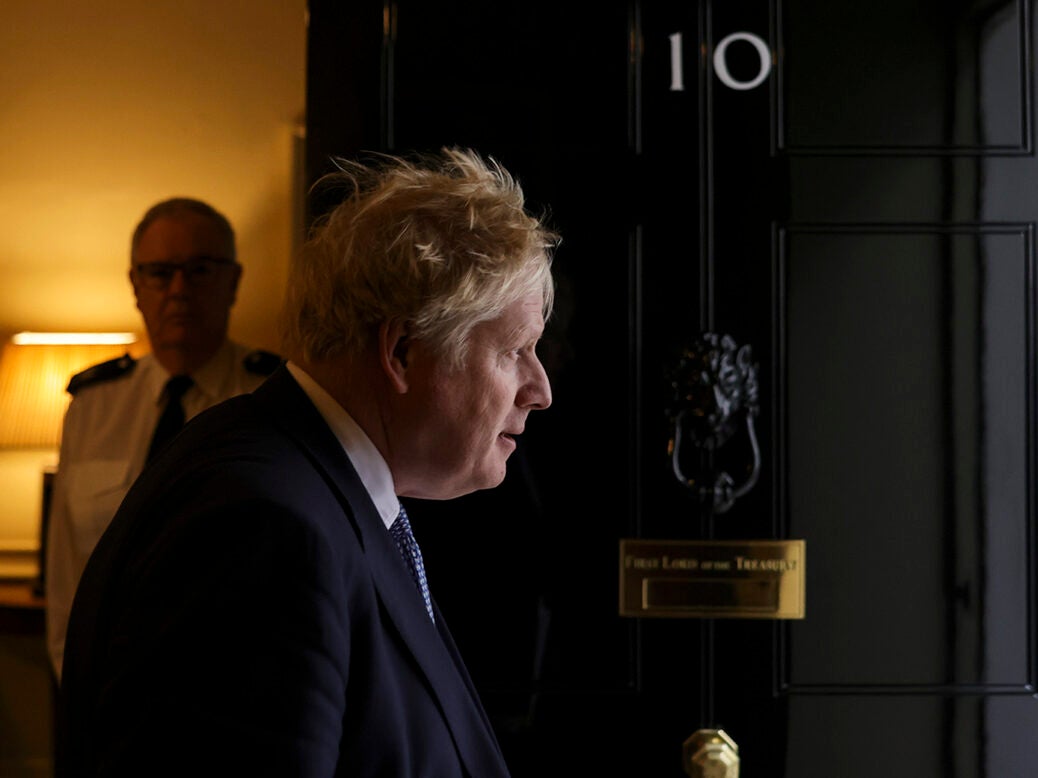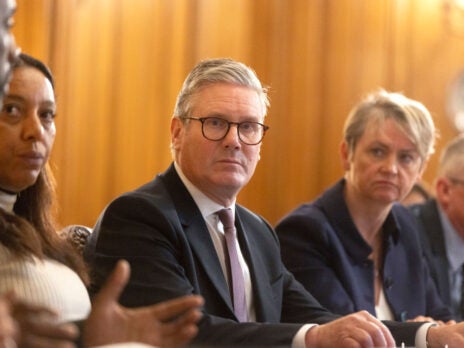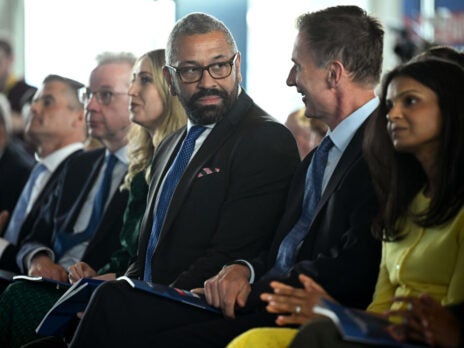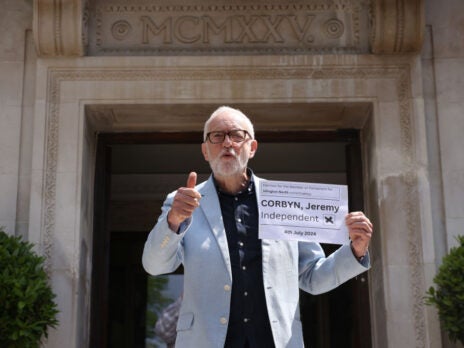
Since the Falklands War in 1982, which transformed Margaret Thatcher’s fortunes, politicians have convinced themselves that foreign conflicts can yield a similar polling bounce and electoral success. The British are a quietly patriotic bunch, after all. They rallied to their leaders and institutions in the opening months of the Covid-19 pandemic, gifting Boris Johnson approval ratings not seen since Tony Blair’s heyday, and also initially backed the Iraq War. This is an electorate that can be roused by international affairs and one that regards “strong” decisions by leaders with vigour and enthusiasm.
When Russia invaded Ukraine in February, there was no doubt a cynical hope in Downing Street that the war would provide ample opportunity for Boris Johnson and the Conservatives to revive their ratings.
The level of public attention to the conflict has surpassed all my expectations. There is widespread support for tough sanctions against Russia, even when respondents are told the British economy could be harmed, and satisfaction with the UK’s overall response is high.
But the government isn’t benefiting in the way you would expect. At a Westminster level, Johnson has been strengthened. A significant number of Tory MPs have withdrawn their letters of no confidence in the Prime Minister, and the campaign to oust him is on hold. But the public isn’t quite as sympathetic.
Johnson and the Conservatives saw a notable recovery during the opening stages of the invasion, when Labour’s poll lead narrowed from six points to four – and one pollster, Kantar, had them level pegging. Some pollsters, though not all, recorded Johnson’s net approval returning to its pre-partygate levels.
But... that was it. Labour still leads in the polls. Most voters still take a dim view of Johnson. And, crucially, the cost-of-living crisis is now competing with Ukraine as the defining issue (three of the five most-noticed topics in Ipsos Mori’s issues index relate to the economy or the cost of living).
Therein lies the reason why the government is still behind in the polls. Its perceived failure to adequately address the cost-of-living crisis has damaged, and is damaging, nationwide perceptions of the Conservatives. In the aftermath of Rishi Sunak’s Spring Statement, Labour was tied with the Tories as the best party to manage the economy. While we still need more data to conclude that this is a permanent shift, as opposed to an impulse, it remains significant.
Britons care about Ukraine but they’re not monomaniacal. Many testify to pollsters and talk shows of their struggles with bills and price hikes. And though they want a strong response to the war in Ukraine, they want help at home too. Unless Britain feels directly threatened, as it did during the Falklands, Covid-19 or 7/7, looking statesmanlike to voters is not enough.
Ukraine has not come to the rescue of Boris Johnson.


